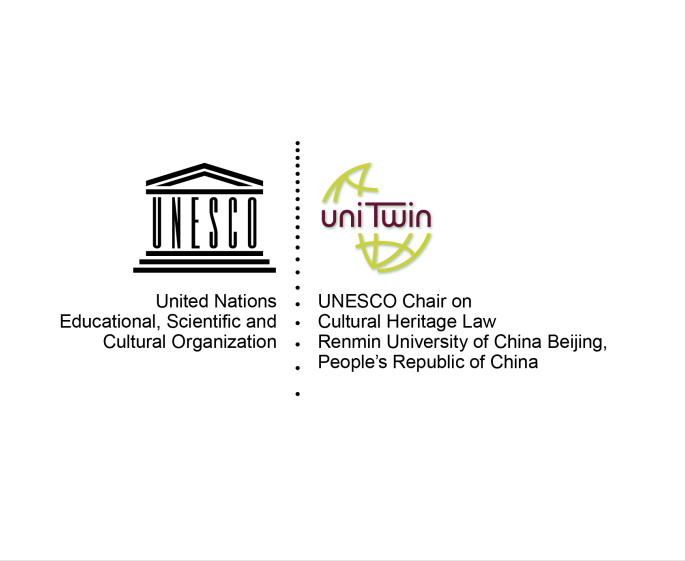About UNITWIN
Launched in 1992, the UNITWIN/UNESCO Chairs Programme, which involves over 850 institutions in 117 countries, promotes international inter-university cooperation and networking to enhance institutional capacities through knowledge sharing and collaborative work. The programme supports the establishment of UNESCO Chairs and UNITWIN Networks in key priority areas related to UNESCO’s fields of competence – i.e. in education, the natural and social sciences, culture and communication.
Through this network, higher education and research institutions all over the globe pool their resources, both human and material, to address pressing challenges and contribute to the development of their societies. In many instances, the networks and chairs serve as thinktanks and bridgebuilders between academia, civil society, local communities, research and policy-making. They have proven useful in informing policy decisions, establishing new teaching initiatives, generating innovation through research and contributing to the enrichment of existing university programmes while promoting cultural diversity. In areas lacking expertise, chairs and networks have evolved into poles of excellence and innovation at regional or sub-regional levels. They also contribute to strengthening North-South-South cooperation.
About UNESCO Chair on Cultural Heritage Law
On 25 May 2020, UNESCO and Renmin University of China signed a cooperation agreement to establish the UNESCO Chair on Cultural Heritage Law at Renmin University of China. This teaching chair is executed by the Institute of Cultural Heritage Law of Renmin University of China, chaired by Professor Wang Yunxia.

Since the 20th century, the protection of cultural heritage and its value in the contemporary society have been increasingly concerned by the international community, and the protection and utilization of cultural heritage has also been highly concerned by the Chinese government and all sectors of society. China has acceded to most of the UNESCO conventions on the protection of cultural heritage and cultural diversity, and established a legal system for the protection of cultural heritage with the Law on the Protection of Cultural Relics and the Law on Intangible Cultural Heritage as the core. Chairman Xi Jinping attaches great importance to the development of cultural heritage and has made many important instructions and instructions on the protection and utilization of cultural heritage. In recent years, the CPC Central Committee, The State Council and relevant departments have issued a series of important documents on the protection and utilization of cultural heritage and the inheritance and development of fine traditional Chinese culture. In 2018, Several Opinions on Strengthening the Reform of The Protection and Utilization of Cultural Relics, jointly issued by the General Office of the CPC Central Committee and The General Office of the State Council, included cultural heritage work in the overall strategic deployment of the central Government to comprehensively deepen reform.
The establishment of the Chair is aimed at promoting the practical implementation of the UNESCO International Convention on Cultural Heritage in China, promoting the rule of law in the protection and management of Cultural heritage in China, and improving the standardization of relevant legal systems and their implementation effects. The Chair will carry out a series of scientific research, teaching, academic exchange and public training activities based on the above purposes. The Chair cooperates with well-known experts and scholars in cultural heritage law at home and abroad to conduct comparative studies on the implementation mechanism and effects of the UNESCO Conventions on Cultural Heritage, and provides special courses and lectures on cultural heritage law and policy for students majoring in law and other related fields. The Chair will also cooperate with relevant institutions to carry out a series of cultural heritage law and policy education and training for heritage managers and the community in order to promote the awareness of heritage protection in the whole society.



